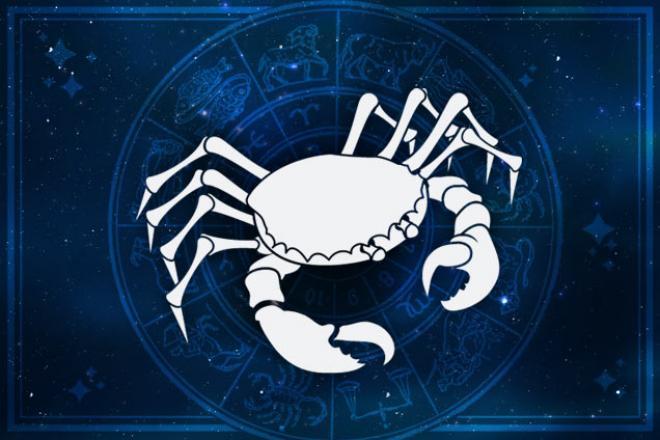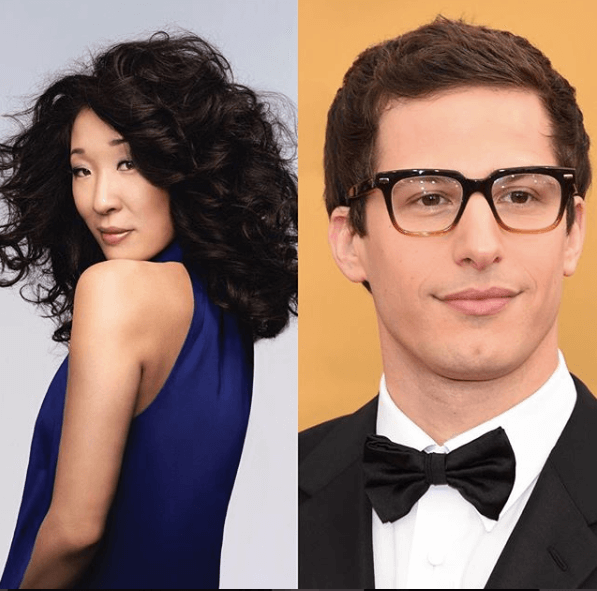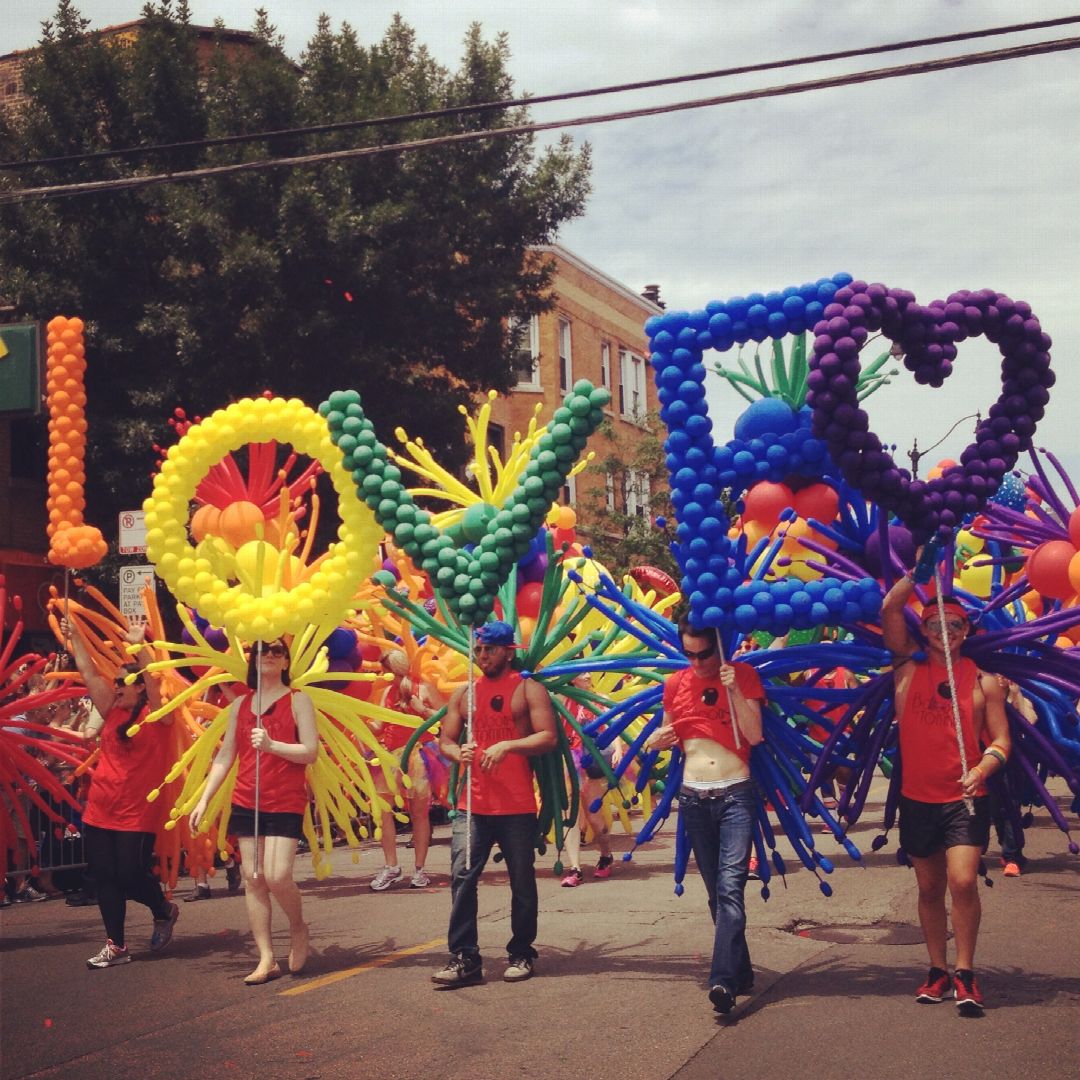When I was 25, the idea of a “dry January” sounded like the nerdiest thing in the world to me. When I first heard of the concept of people giving up alcohol for a month, I balked.”Really? No booze for a month? If you don’t have a problem with drinking, why would you ever do that?” I was still at the age where it wasn’t a party unless you and your friends did a shot at the end. Yeah, I’m not proud of that…
While I’m blessed not to have alcohol use disorder, I’ve always known alcohol was bad for me anyway. Alcohol is a depressant, and I suffer from persistent depressive disorder. That means drinking alcohol a few times a week – even when I refrain from doing shoots – can have negative effects. Plus, I’m currently feeling the onslaught of Seasonal Affective Disorder, which is so why the hell would I add drinking into what’s already a mental health hot mess? I don’t want to be a sluggish, sad lady who takes to her bed the day after she drinks a third glass of Chablis at a dinner party…
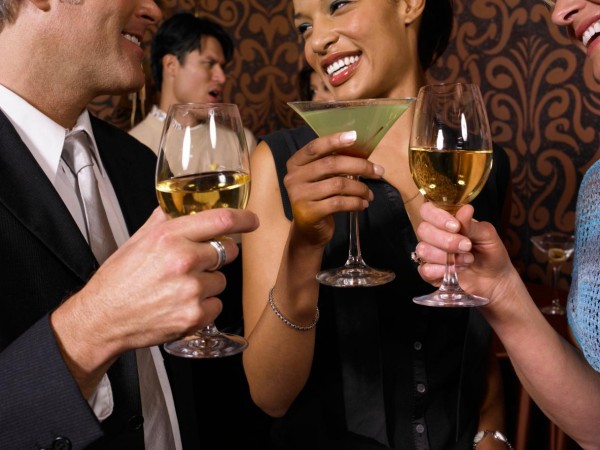
In previous years, I didn’t have the courage to give up alcohol for all of January. And that’s not because I couldn’t imagine going 31 days with a gin and tonic. The real reason was it’s easier to be a social drinker. Even amongst adults, there’s peer pressure to imbibe. This year, I attempted to abstain during a Christmas party, only to have the (admittedly well-meaning) host pour and push an unsolicited glass of red wine into my hands. Alcohol seems to be the only substance progressive thirty-somethings will foist upon each other. I cannot imagine a friend stuffing crab legs into a vegan’s mouth. But many of us will happily insist our loved ones just try the beer they picked up from this adorable micro-brewery in the country….
I’m not sure why peer pressure to drink persists into adulthood. Perhaps, we sense alcohol is a poor choice for us in one way or the other. And perhaps, subconsciously, it makes us feel better to see others also sabotaging their health and happiness over one too many glasses of Merlot. The cliche about not wanting to drink alone exists for a reason: Society says “drinking alone” suggests you have a problem, and so we must cajole others into drinking with us to prove we’re healthy. I get it. I’ve practically begged friends to split a bottle of wine with me after a bad week. Today, I’m really sorry I did that…
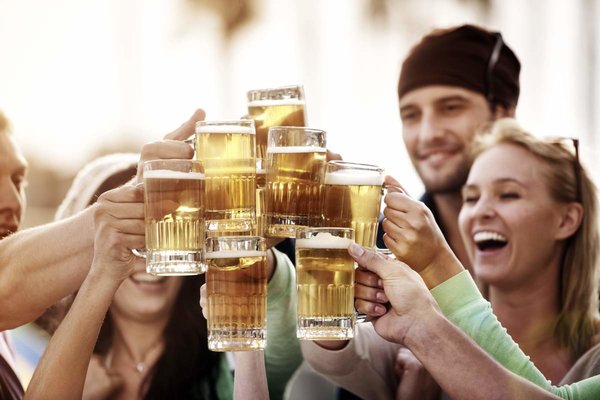
Of course, for women in their thirties like me, there’s the uncomfortable assumption that if you’re not drinking, you must be preggers. That provides added pressure to drink. The desire to avoid speculation about my uterus compels me to enjoy bubbly at a wedding or red wine at Christmas dinner with the family, even if I don’t feel like it. The truth is, drinking is so normalized as a default way of life in our culture that we assume there are only two acceptable reasons not to, being pregnant, or having an alcohol use disorder. For everyone else, we act like drinking is as harmless as a cup of green tea.
When we drink with friends and family, it can feel fun and celebratory. And indeed, sometimes – in moderation – it is. But the truth is, science tells us humans are not meant to consume more than ten units of alcohol per week. I for one have exceeded that recommendation on occasion, and so have most of the people I know. And what happens when we regularly exceed that limit? Well, it can increase our risks of high blood pressure, heart disease, fertility issues, and even cancer. That’s a scary list of health problems! And they’re all ailments I’ve been trying to avoid for some time. And that begs the question, why did it take me so long to start avoiding alcohol? I guess the social pressure to drink really is that strong!
Listen, I realize it’s hard to discuss why one wants to try “Dry January” without sounded obnoxiously preachy. I do not want to judge anyone who genuinely enjoys a carafe of wine at a restaurant. Hell, if it’s a good vintage, I do too! All I’m trying to do is hit the reset button, where drinking truly is a gourmet treat – like steak tartare. A good glass of wine or a fine gin are things I’d still like to appreciate sometimes, when they truly compliment my meal or when I’m wine-tasting in the South of France (NB. This is a fantasy. It’s not a regular occurrence for me). In yoga class, they tell you to breathe with intention, and now it is my goal to drink with intention – and not with the intention of getting tipsy. No more ghastly, cheap merlot for me!
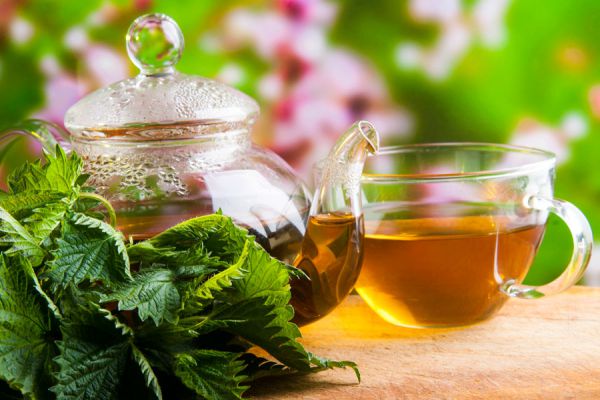
Dry January is the perfect opportunity to set the reset button on one’s relationship to alcohol. By abstaining from drinking for an entire month, we can identify any unhealthy patterns, and we can practice saying no to alcoholic beverages when they’re on offer. Obviously, whether or not to engage in Dry January is a personal choice. It may not be your thing yet. Or it could be that you’ve already learned to withstand the peer pressure to drink when you don’t want to. Dry January is not a cause I’m here to recruit you for. It’s a personal projecting I am hoping will set me up for an even better 2019…
This January, I plan to be the lady drinking a soothing glass of tea at the party…Wish me luck!
It will be interesting: So You Need An Outfit For New Year’s Eve?
